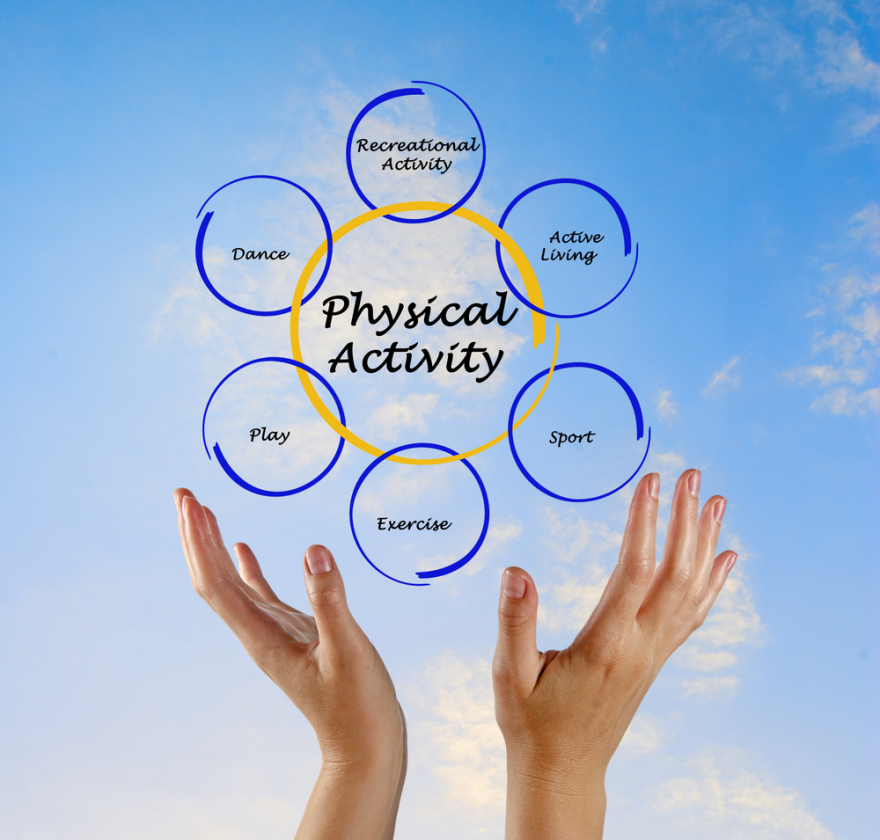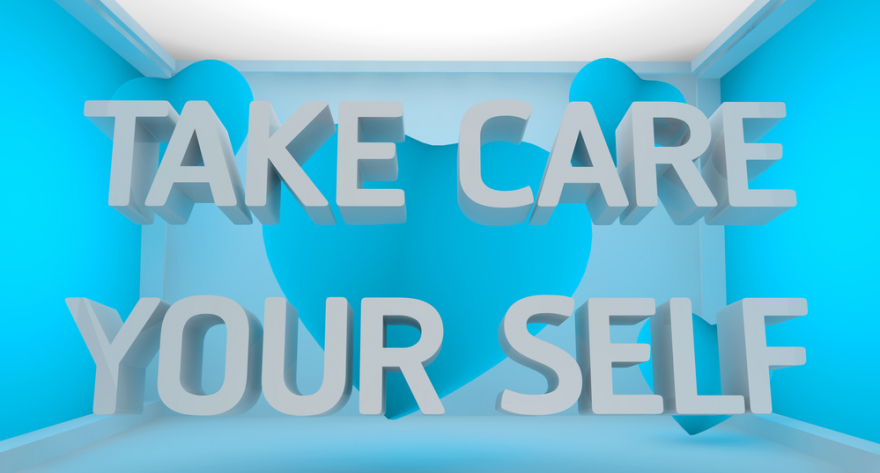Self-Help for Dealing with Your Day-to-Day Stress
Rev. Dr. Kitty Boitnott, NBCT, RScP
Heart-Centered Career Transition & Job Search Coach | Life Strategies, Stress Management, & Sleep Science Coach
Stress invades our lives all the time. For many people, dealing with stress and overwhelm is a daily struggle. Sometimes life feels hard, and it's challenging to juggle all the things life throws at us. It's essential that we get our stress levels under control, however.
Consistently elevated levels of stress are toxic to the human body.
Sustained stress is known as "chronic stress." Studies show that chronic stress can cause heart disease, high blood pressure, obesity, and diabetes just to name a few of the physical ailments related to stress.
When you are feeling overwhelmed with life, it's hard to imagine feeling better. But it is possible! I am going to suggest eight specific ways you might minimize the ill effect stress is having on you and your life.
1. Start by avoiding alcohol, caffeine, and nicotine. Caffeine and nicotine are stimulants. They do not decrease your levels of stress. They increase them.
Alcohol is a depressant. You may use it to dull your immediate pain. But you do so at your own peril.
Instead of reaching for alcohol and cigarettes, grab some water or herbal tea. These are hydrating and provide you with stress relief.
A body that is hydrated throughout the day is less stressed than one that is starved for water.
If you smoke, quit.
If you drink socially and only on occasion, you are probably okay. As I write this post, I am thinking of drinking to the point of numbing your pain on a regular basis (like every day). And while I know how cigarette smoking can seem like it helps with your stress, it doesn't.
It is hard to quit smoking. I know. I did it almost 32 years ago.
I remember days of smoking more than one pack a day. And while I have never abused alcohol, I am well aware of the harm it can cause when overused. Like most people, I have had an alcoholic in my family, and I saw first-hand the pain and heartache that he caused his wife and children.
Alcoholism is a disease, so if you are struggling with an addiction, get help.
The same goes for any other substance abuse. The country is gripped by an opioid epidemic right now. If you or a loved one is dealing with that problem, seek help immediately. This post is not meant to help anyone with a severe addiction problem. It is for those who are suffering from mild depression or anxiety and can benefit from using these stress relieving strategies.
2. Take part in physical activity. Stress releases hormones in your bloodstream. Two specific hormones created by stress are adrenaline and cortisol. With physical activity, you release endorphins which are helpful to your body. Releasing endorphins with physical activity can help your stress levels to go down.
Both adrenaline and cortisol can harm your health if they stay elevated over long periods. A constant adrenaline rush creates wear and tear on your internal organs. Increased cortisol helps to create that extra fat around your mid-section. And that weight gain can create extra stress on your heart and respiratory system.
Keep physically active. Moving your body will have multiple benefits.

3. Get more sleep. Not getting enough sleep has a direct correlation to high-stress levels. The trouble is that stress sometimes prevents us from relaxing enough to fall asleep. And it can interfere with your being able to sleep as deeply and restfully as you need to get the full benefits sleep has to offer.
If you are having an issue with sleep, try taking a warm bath or reading before bedtime. Turn off the TV and avoid your phone and other electronic devices before time to go to bed. The blue light that is behind those electronic screens tricks the brain into thinking it is still daylight. As a result, it interferes with your natural circadian rhythm. So read a book instead of reading from your Kindle or iPad.
Another good tip is going to bed at roughly the same time every night.
This creates a routine for you to follow. Having such a habit can also help lessen your stress level.
4. Try different relaxation techniques. Every day, try a different stress-reducing technique to find the ones that work best for you. You can try self-hypnosis, for example. This is very simple and easy to do anywhere at any time.
You could also try repeating an affirmation that soothes you and holds meaning for you.
Some people find that aromatherapy helps with stress.
I like going into my local spa for the occasional massage.
Other people may find engaging in deep breathing or meditation to help them relax.
Don't worry if these relaxation tips don't work right off the bat.
Believe it or not, relaxation is a skill that takes time to master.
5. Talk to someone you trust and who can help. Letting someone know how you feel is a great way to reduce your stress. This is why talk therapy is so useful.
Many people have said that it's like a weight being lifted off their shoulders just to talk through their feelings. Stress can cloud your mind and prevent you from thinking clearly. Talking through your situation with someone objective can help you figure out a solution.
6. Keep a stress diary. Writing down your thoughts and being aware of your emotions can be beneficial. You become more aware of what you're feeling.
Write down the date and place the stressful event occurred.
Also include what you were doing and how you felt, both emotionally and physically. Writing everything down will enable you to avoid another stressful situation. And you'll discover some new coping mechanisms in the process.
7. Manage your time better. Many people experience stress when they run out of time to do important things. With a schedule to follow you can ensure that you can get all your important tasks done on time.
Having all your work done by your deadline will help to decrease some stress.
8. Learn to say "No." I have talked about this many times. It's easy to believe that you have all the time in the world and can juggle one more thing in your life. But sometimes you need to remember that you have so many other important things that need to be done. You only have 24 hours in a day, and you need to spend 8 of those hours sleeping. Taking on more than you can handle in a timely fashion just increases your stress.
The main message is to take care of yourself.

Stress invades everyone's lives sometimes, but dealing with stress is possible. Know that everything will get better. The thing that's causing you so much pressure now will eventually resolve itself or go away of its own accord.
Life is short. Be gentle with yourself. You're doing just fine. There is help out there for you if you want it. All you have to do is ask.
In it, you will learn how to improve your sleep quality and quantity starting as soon as tonight. Improve your sleep habits and sleep hygiene with some simple changes and start sleeping better.
This ebook explains the stages of sleep, how much sleep you need to feel rested and productive and much, much more.
You can get it for $7.00. Click on the buy button to get it now.
|